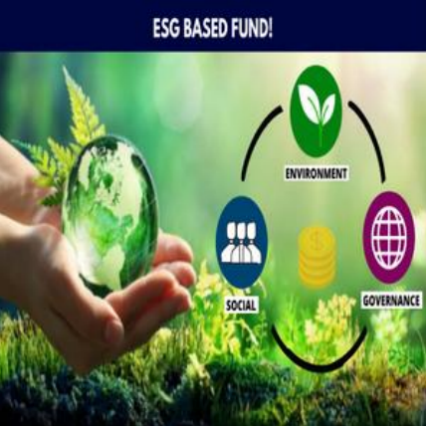In 2025, people with significant financial resources face an important choice regarding how to manage their wealth: should they invest in real estate or opt for investment funds? This decision goes beyond simply seeking quick profits; it is closely linked to future goals and an individual's comfort level with risk. Real estate is often valued for being a reliable and physical asset, appealing to those who want steady value increases, rental income, or a lasting inheritance. However, it requires a large initial investment and is susceptible to market fluctuations based on location and economic changes. Conversely, investment funds provide a way to diversify across various assets like stocks, bonds, or commodities, with different risk levels ranging from safe to aggressive. This option may be better for individuals who prefer quick access to their money or wish to tap into larger market movements. Ultimately, the choice reflects not only a financial plan but also one's vision for ensuring a secure financial future for years to come.
Prime Locations and Luxury Properties
Investing in real estate has long attracted wealthy individuals, particularly in desirable places like central Manhattan, Mayfair in London, and Victoria Peak in Hong Kong. The high demand coupled with limited availability helps these regions retain their value. By 2025, some areas might see changes in real estate regulations, presenting chances to buy upscale properties at better prices. Yet, the initial cost is only part of the equation. Ongoing expenses, such as property taxes, maintenance, and renovation costs, can be quite high. For instance, a luxury penthouse in a sought-after area might need top-notch security, upkeep for amenities like private swimming pools, and hefty taxes.
Emerging Trends in Real Estate
In addition to conventional properties, new chances are arising, such as co-living spaces located in key business areas. These types of housing are increasingly favored by young professionals and digital nomads, providing reliable rental revenue. Properties that focus on sustainability, which incorporate solar panels, energy-saving systems, and smart technology, draw in environmentally aware renters and tend to increase in value over time, although the upfront costs for these green features can be significant.

Fund Investments: Diversification Avenues
Alternative and Hedge Funds
In 2025, funds that are different from the usual ones focus on assets like private equity, commodities, and troubled debt. Meanwhile, hedge funds apply tactics like short-selling to gain from declining markets. Still, these options often require large initial investments and charge fees based on performance, which may lower profits if not assessed properly.

Thematic and ESG-Focused Funds
Thematic funds focus on new industries such as AI, blockchain, and clean energy, taking advantage of sectors that are growing. Funds with an ESG focus put money into businesses that meet standards for environmental, social, and governance issues, mixing profits with a sense of responsibility to society. It is essential to conduct detailed research on different ESG metrics since definitions of sustainability can change from one fund to another.

Balancing the Scales: A Hybrid Approach
A combination of real estate and funds creates a wise investment approach. Invest in real estate to ensure stability and increase value over time, while using funds to spread investments across different asset classes. For instance, combine REIT investments through funds (to steer clear of hands-on property management) with high-quality residential properties for personal enjoyment and potential profit.
By 2025, wealthy individuals need to match their decisions with their financial objectives and comfort with risk, utilizing the consistency of real estate and the variety of funds to enhance their asset distribution and safeguard their financial future.




